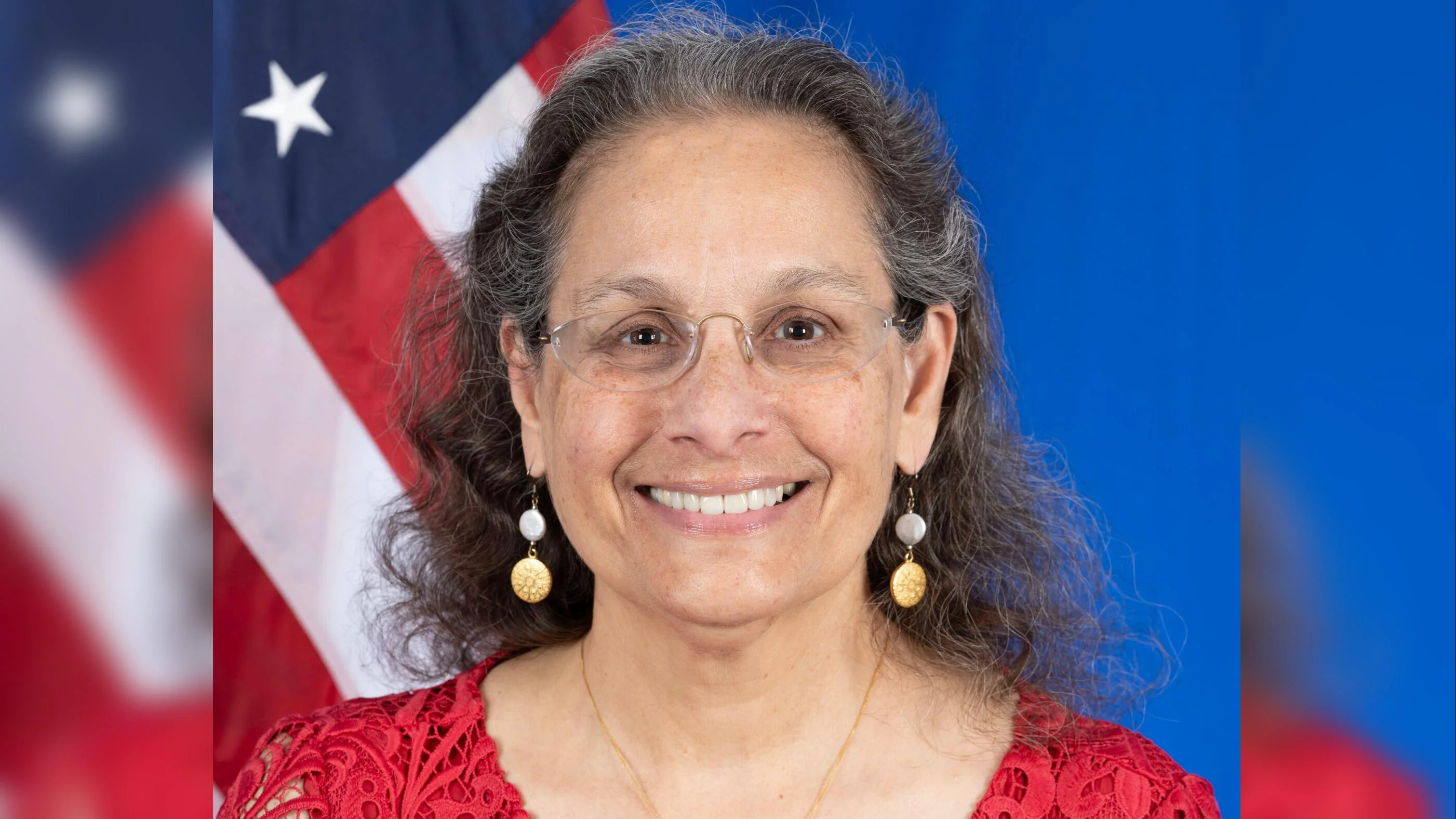General Bryan P. Fenton, Commanding General of the U.S. Special Operations Command (USSOCOM), visited Indonesia on August 4, meeting with President Prabowo Subianto, Minister of Defense Sjafrie Sjamsoeddin, and Minister of Foreign Affairs Sugiono. The visit emphasized ongoing security cooperation between the United States and Indonesia.
During his time in Jakarta, General Fenton awarded President Prabowo the USSOCOM Medal. The medal was presented in recognition of President Prabowo’s support for special operations forces and efforts to strengthen defense ties between the two countries. According to the citation, President Prabowo’s advocacy for improved security has contributed to global efforts against emerging threats and supported stability in the region.
“I am honored to visit Indonesia on behalf of the 70,000 men and women of the U.S. Special Operations Command,” said General Fenton. “We enjoy our deep relationship with the Indonesian military as crucial partners to ensure stability in the region.”
General Fenton’s meetings with senior Indonesian officials addressed ways to advance bilateral security collaboration. Discussions included topics such as joint maritime domain awareness and counterterrorism initiatives.
Peter M. Haymond, Chargé d’Affaires at the U.S. Embassy in Jakarta, stated: “Our shared commitment to regional security and prosperity was front-and-center during General Fenton’s visit. We look forward to deepening our ties through the expanded Super Garuda Shield exercise later this month. Our cooperation under the U.S.-Indonesia Comprehensive Strategic Partnership makes our countries stronger and safer.”
The Super Garuda Shield exercise is scheduled from August 25 to September 4, 2025. It will involve military personnel from 14 countries and aims to improve interoperability among participants while strengthening collective capabilities for regional security.

